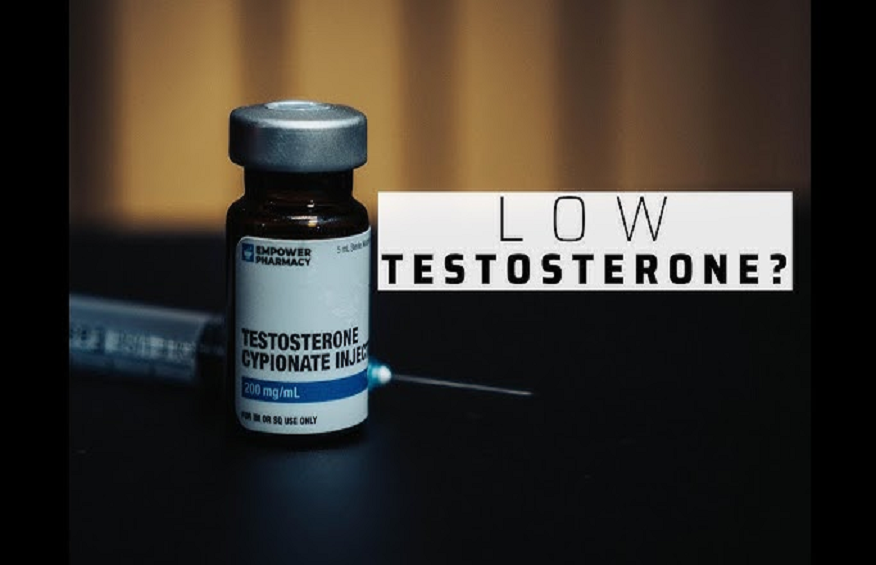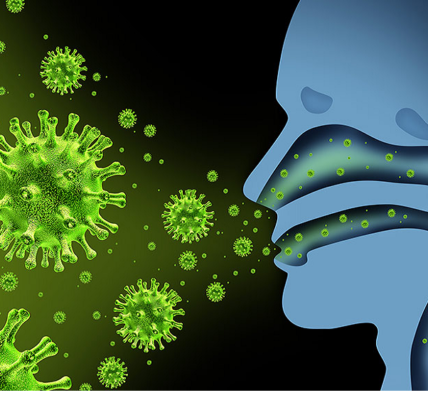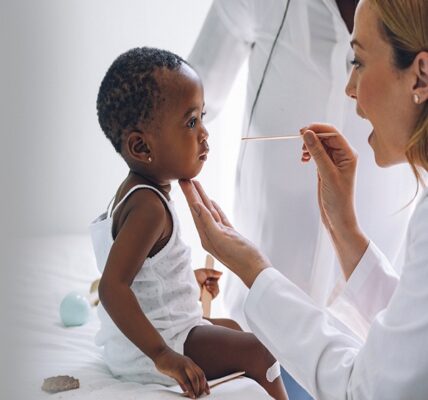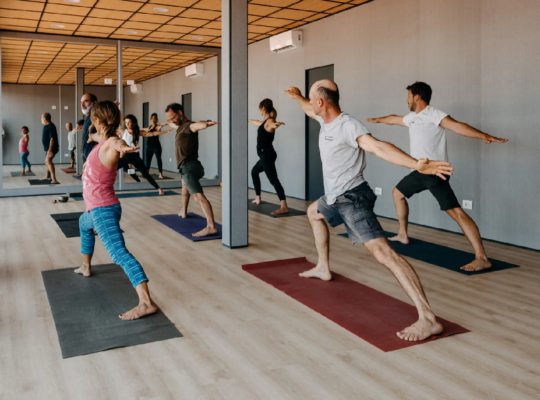Aging is an inevitable occurrence points out Evan Bass Men’s Clinic which weaves together physiological changes, experiences, and wisdom. One of the key players in this intricate melody is testosterone, a hormone often associated with youth and vitality. With the aging of the body, the testosterone levels undergo a gradual decline. This brings about a series of transformations that impact every aspect of human existence.
Youth and Testosterone
Testosterone exerts a powerful influence on the body during the formative years of puberty and early adulthood. The development of male secondary sexual characteristics are driven by this predominantly male hormone. During this time, the presence of this hormone causes the deepening of the voice, growth of facial and body hair, and the increase in muscle mass. The sexual desire are also triggered by testosterone and is a critical factor in the production of sperm. It could be safely said to be the conductor of the youthful vitality.
Old Age and Testosterone
The hormonal landscape of the body is constantly altered with the presence of testosterone. As one reaches the peak of their adulthood, testosterone gradually starts to decline. This typically begins around the age of 30 and increases thereafter informs Evan Bass Men’s Clinic. This decline occurs at an average rate of about 1% per year.
Testosterone-Driven Physicality Changes
One of the most visible effects of declining testosterone levels is the changes in physical appearance. There may be a decrease in muscle mass and an increase in body fat. This can contribute to reduced strength and a decrease in overall physical performance. Bone density may also be affected, potentially leading to an increased risk of osteoporosis and fractures.
Sexual Function
The sexual desires and performance may be negatively affected owing to a reduction the testosterone levels. Though sexual health is primarily influenced by psychological and emotional elements, declining testosterone levels can play a role in these changes.
Mood and Mental Well-being
Testosterone’s influence extends beyond the physical realm into the emotional landscape emphasizes Evan Bass Men’s Clinic. Research suggests that low testosterone levels in aging men may be linked to mood disturbances. This eventually may lead to an increased risk of depression and irritability. However, the relationship between testosterone and mental health is complex and can vary among individuals.
Coping with Testosterone Changes
While the natural decline in testosterone is an inevitable aspect of aging, there are strategies that individuals can consider to navigate these changes and promote overall well-being:
- Follow a healthy lifestyle
- Manage stress with the help of meditation and relaxation techniques
- Go for regular health checkups
- If need be resort to Hormone Replacement Therapy
Apart from the above-mentioned areas of impact, the effect of this hormone on cognitive functionality is still a matter of study and research. While the decline in testosterone levels is a natural part of growing older, it is crucial to understand its role and effects in the same. This helps empower individuals to navigate this phase of life with grace and knowledge.










